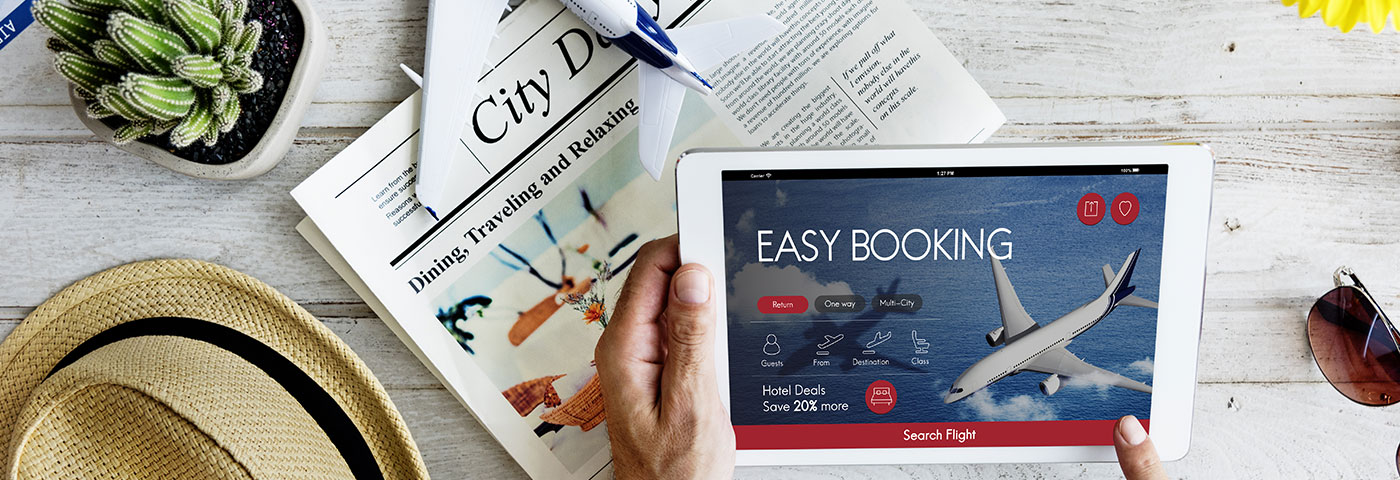In the last month, I was invited by an airline to contribute to a strategy day. A few external experts such as myself had been invited along to the strategy day – an away day for their senior executives to ponder the bigger picture and how they might take their airline forward in the next few years. Our purpose was to provide some food for thought, to catalyse discussion amongst the executives present.
In planning my presentation, I pondered on the nature of air travel. Flights are possibly the most commoditised of travel products. One of the airline executives present at the strategy day mentioned possible service differentiators such as seat pitch and inflight services such as entertainment, refreshments and wifi. Controversially to the airline execs present, I put forward the notion that many travellers simply won’t care about any of this.
All travellers are embarking on a trip. Trip elements will include hotels, destinations, tourist attractions, the weather, food and, of course, the flights. Travellers will Tweet, Facebook, Snapchat and Instagram about it all, sharing their thoughts, experiences and emotions. People get excited about their trips and are keen to share them with others. Sadly for airlines, I concluded that flights are no more than an enabler to the far more exciting aspects of the trip. The flights are an essential part of the trip but, unless they are delayed or someone gets dragged off the plane, they will not figure in social media.
For many travellers, flights will have been purchased based on price and timings. This behaviour is encouraged by flight intermediaries such as Skyscanner, Kayak and all the other OTAs that do such a great job of completely commoditising the airline industry’s product.
The airlines’ counter to commoditisation is service differentiation and loyalty schemes. I would reckon that service differentiators work for business class and above customers, but it would be of little use for short haul, value-based flights/airlines. As for loyalty schemes, I belong to several and get continually frustrated that I am never allowed to use my miles for the flights I actually want to book. I don’t know about you but, in my case, the loyalty schemes could be creating disloyalty as I switch from one airline’s scheme to another in search of one that can actually address my flight needs.
In summary, we have a fickle consumer base buying a commoditised product that they don’t get excited about. What’s to be done to engender loyalty?
Consider the digital world.
If you look across all consumer sectors at those businesses that are succeeding, there is a common thread. They all have a digital presence that is extraordinarily easy and intuitive to use. The term is ‘frictionless’. Their interfaces are so sophisticated that they have been made truly simple and intuitive to use. Interacting with them requires no thought. Think of Uber with its clear and easy to use map interface, or Amazon that allows you to scan a product barcode to check a price and make a purchase with one swipe of the Buy Now slider. How about Facebook with its ‘What’s on your mind this morning?’ question and its Live, Photo and Check In buttons?
The best an airline or any other business can do is to make it so easy for consumers to do business with you, that they won’t even think about going elsewhere. Is your business achieving this? Frictionless commerce is the new frontier and easy is the new loyalty. What’s love got to do with it?


